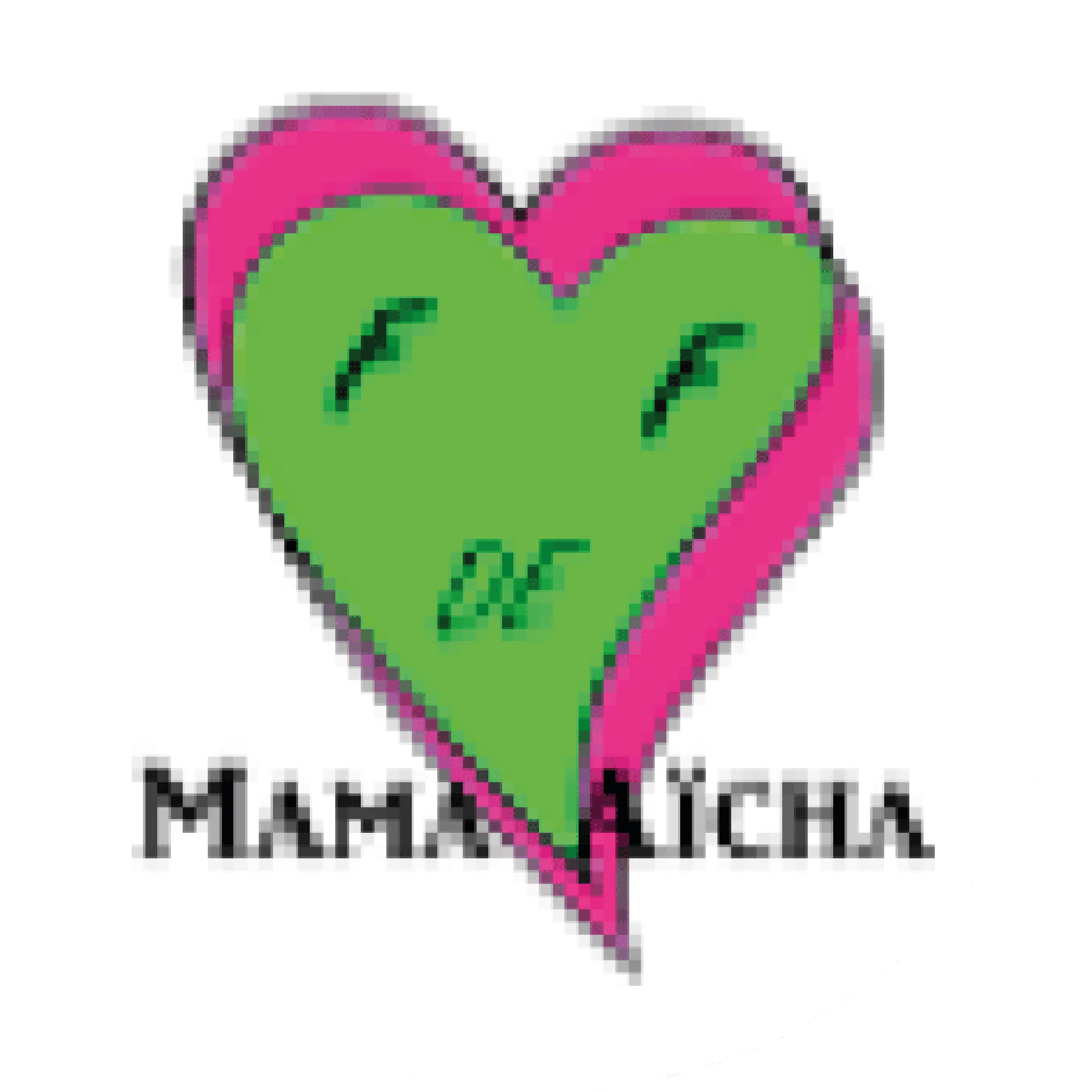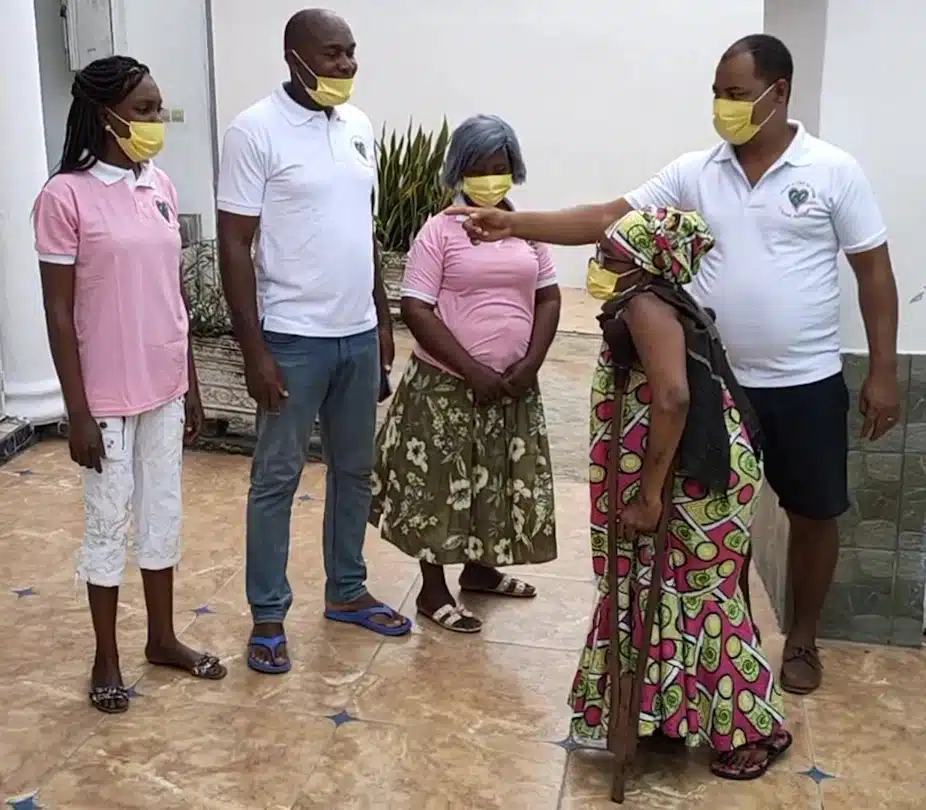Disability: Perception, Resilience, Action by Mama Aicha's Daughters and Sons of the Heart (FFCA)
The Challenges of Disability: From Temporary Limitation to Permanent Reality.
In the course of our lives, we've all experienced times when we've been temporarily disabled. An injury, fracture or illness can limit or disrupt our daily tasks, leaving us feeling uncomfortable and diminished.
However, consider for a moment whether this handicap is permanent, present at birth, or arises accidentally or unexpectedly in the course of our lives.
How do you deal with this reality on a physical, psychological and social level?
What medical, social and material support is available in these situations?
How do our society and those around us view people with disabilities? How do they perceive themselves?
Disability and its implications:
At present, one billion peopleor 15% of the world's population, live with a disability. Whatever the country, people with disabilities face multiple obstacles:
- Prejudices.
- From discrimination to stigmatization.
- From exclusion to violence.
All these perceptions, whether real or perceived, can have a detrimental impact on the life of a person with a disability. Attitudes of rejection, compassion or condescension affect relationships and can lead to feelings of shame and inferiority.
The impact of disability on people's lives.
Disability can have a major impact on people's lives. People with disabilities may find it difficult to :
- Moving around.
- Working.
- Étudier.
- Getting married and having children.
- Participate in social and cultural life.
They can also be victims of discrimination and exclusion.
Prejudice and stereotypes towards disabled people.
Haven't you ever heard the words: deaf as a post, short-sighted as a mole, crippled, crippled, debilitated?
These expressions, formerly used, have been replaced by : Hearing impaired, visually impaired, motor impaired or mentally impaired.
For the record, we no longer call a sweeper a "sweeper", but a "surface technician". We used to speak of Third World countries (a pejorative term), which we preferred to developing countries, before finally settling on emerging countries.
Similarly, theWHO defines disability as "The negative interaction between a person with a health problem and the contextual factors in which he or she evolves."
For the Social Action Code and families in France "Disability results from a limitation of activity or participation in life in society due to a substantial, lasting or definitive impairment of physical, sensory, mental, cognitive or psychic functions."
These words, these fine phrases from the brilliant minds of our national and international institutions are there to mask another reality: the difficulty, indeed the inability, for all of us to accept and embrace difference.
STOP! We've had enough of political correctness to satisfy ourselves and mask our fear. Instead of defining, we need to act.
The involvement of the Cameroonian government.
In Cameroon, according to the 2010 census, around 5.4% of the population live with a disability.
Le Cameroun a affirmé son attachement aux libertés fondamentales inscrites dans la déclaration universelle des droits de l’homme du 10 décembre 1948 puis dans la charte africaine des droits de l’homme et des peuples du 28 juin 1981 et dans la convention N°111 de l’Organisation Internationale du Travail (OIT) concernant la discrimination (Art.5).
The Convention on the Rights of Persons with Disabilities, signed in 2008, was ratified in December 2021 by France. Presidential Decree N° 2021-751. In the meantime, the law no. 2010-002 on the promotion and protection of disabled people. Among other things, this law sets out the penalties and sanctions for discrimination.
The full integration of people with disabilities is one of the major challenges of SND 30: Cameroon's National Development Strategy and Vision Cameroon 2035, which are part of a global UN plan. Changing our world, horizon 2030« .
This vast plan includes:
Inclusive education
Inclusive education is an essential solution for improving the lives of people with disabilities. It allows children to integrate the notion of disability and enables disabled children to attend classes with other children.
Employment
Employment of disabled people: The second crucial aspect. It enables empowerment, self-fulfillment and the development of social and economic contribution in society.
Accessibility
If access to administrative buildings (see the article the obstacle course for the disabled) tend à s’améliorer, il n’en est pas de même pour la circulation urbaine :
Sidewalks, where they exist, are systematically invaded by stalls in front of which "Benzikiners" wait for their customers. The handicapped have to squeeze their way along the pavement, risking their lives, between motorcycles, cars and handcarts (rickshaws).
Access to care
Access to care is the third essential aspect. Re-education, the availability of competent personnel both physically and psychologically, and access to equipment adapted to improve life and mobility, will enable us to envisage a better quality of life.
Raising public awareness
This last point is imperative. It conditions the entire chain of previous measures. It enables us to change attitudes, beliefs and behavior towards people with disabilities.
This strategy, which began in 2015, has taken a long time to put in place and requires considerable resources. Today, the effects are still barely perceptible, and 2030 is just around the corner.
Findings
Professor Michel Mercier highlights how the perception and management of disability are influenced by cultural factors. Each culture has generated stereotypes that dictate how we behave towards disabled people and how we react to difference.
In Africa in general, and Cameroon in particular, the disabled have to contend with an additional dimension: mysticism and spirituality. Isn't disability the consequence of a curse, the incarnation of an evil spirit, divine punishment? It's reassuring to find a real or spiritual culprit.
Children with disabilities face a difficult path: mockery from their peers and rejection by their families can lead to marginalization, stigmatization and dropping out of school.
Adults suddenly confronted with disability have to rebuild themselves physically and psychologically, while cultural barriers hinder their progress and drive them towards desocialization.
The role of Mama Aicha's charity Filles et Fils de Coeur
Inclusion and awareness-raising
In this context, Mama Aicha's Filles et Fils de Coeur association plays an essential role. Faced with the complexity of disability and the need to change perceptions, the FFCA works on a daily basis to support people with disabilities: blind, partially sighted, paralyzed, young, adult and elderly.
Our association provides medical and material support to improve mobility and empowerment, promoting the inclusion and participation of disabled people in all aspects of life.
Respect for difference
The difference. That's the key word. It brings out qualities and skills that we wouldn't see if we weren't open-minded: I adapt, you adapt, we build. Let's learn to make the most of it, for everyone's benefit.
Conclusion
Disability is much more than a physical limitation. It is a cultural reality that shapes the way society perceives and reacts to people with disabilities. To overcome these obstacles, it is imperative that all players in society commit to fighting prejudice, discrimination and exclusion. Disabled people themselves must be involved in the process. Everyone's capacity for resilience remains a great strength.
One example is this article available on the web: Other people's view of disability (playback 7 mn)
The FFCA association exemplifies this commitment through its empathy, actions and dedication to people with disabilities, helping to transform perception and promote inclusion and respect.
Discover how our association, Filles et Fils de Cœur de Mama Aicha, is committed to improving the lives of disabled people by watching this short video: Commitment to the disabled
Our next campaigns aim to support the blind and new motor-impaired.







